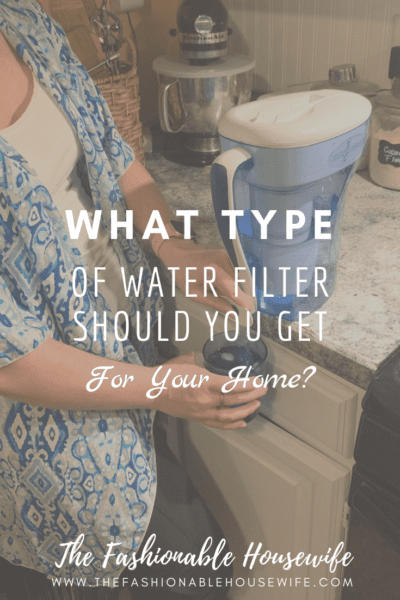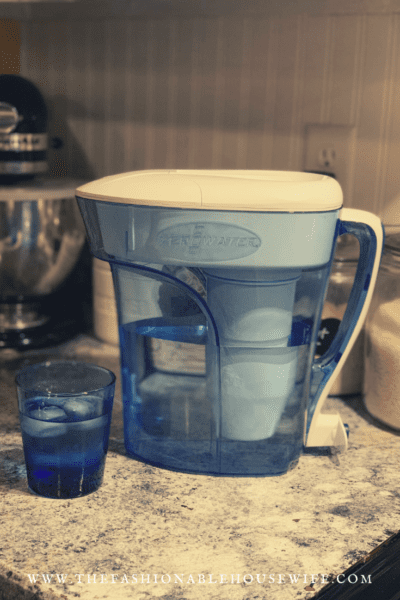
The human life has progressed by leaps and bounds over the past few centuries with heavy-duty industrialization and advancements in science and technology. While all these inventions and discoveries have been primarily focused on improving human life in general, somewhere in the process it ended up damaging our natural resources and the environment. Interestingly, the core lifeline of living beings is heavily dependant on natural resources, for example, water. Access to safe and healthy drinking water is one of the rising concern for people around the world.
We get our water supplies from freshwater sources such as lakes, reservoirs, and rivers. Most of these freshwater sources are riddled with extreme contamination thanks to industrial and agricultural waste that is being dumped into the water, along with other contamination that stems from various human activities. As a result, the natural pH balance of water gets disturbed and the water is often contaminated with various substances such as salts, hard minerals, ions, nitrates, and other different substances.

One of the solutions to safe drinking water was using bottled water, which is not a practical solution for household usage. That is because one may need clean water on demand for numerous domestic uses, and it is not practical to rely solely on bottled water for that purpose. Moreover, bottled water heavily relies on plastic and using bottled water means that you will end up adding more plastic waste to the environment.
Fortunately, home water filtration systems are now readily accessible and affordable and offer a perfect solution to the problem. These water filters are designed to cleanse the running water in your existing water supply lines and provide you with safe and healthy drinking water free of contaminants. That being said, there are numerous different types of water filtration systems in the market today, which makes purchase decisions confusing and difficult for most customers. Here are some key elements to consider when picking up a water filter for your home.
Evaluate Your Water Supply
While it is true that almost every household gets contaminated water, the nature of contaminants may not necessarily be the same for everyone. That is because everyone gets water supply from different reservoirs, lakes, and rivers. Some households might get water with excess hard mineral or lead while for others salts might be the primary problem. Likewise, every water filter is designed to achieve different filtration targets. It is therefore important to know your drinking water supply to be able to make the right choice.
Size and Space
Water filters come in different shapes and sizes. You need to decide where you wish to install your water filter and how much space do you have to accommodate your water filter. Households that have small spaces and tiny kitchens may want to consider an under sink filtration system, which can not only give a running supply of clean water but can also save up on space. Likewise, if you have larger space available you can get bigger RO plants.



